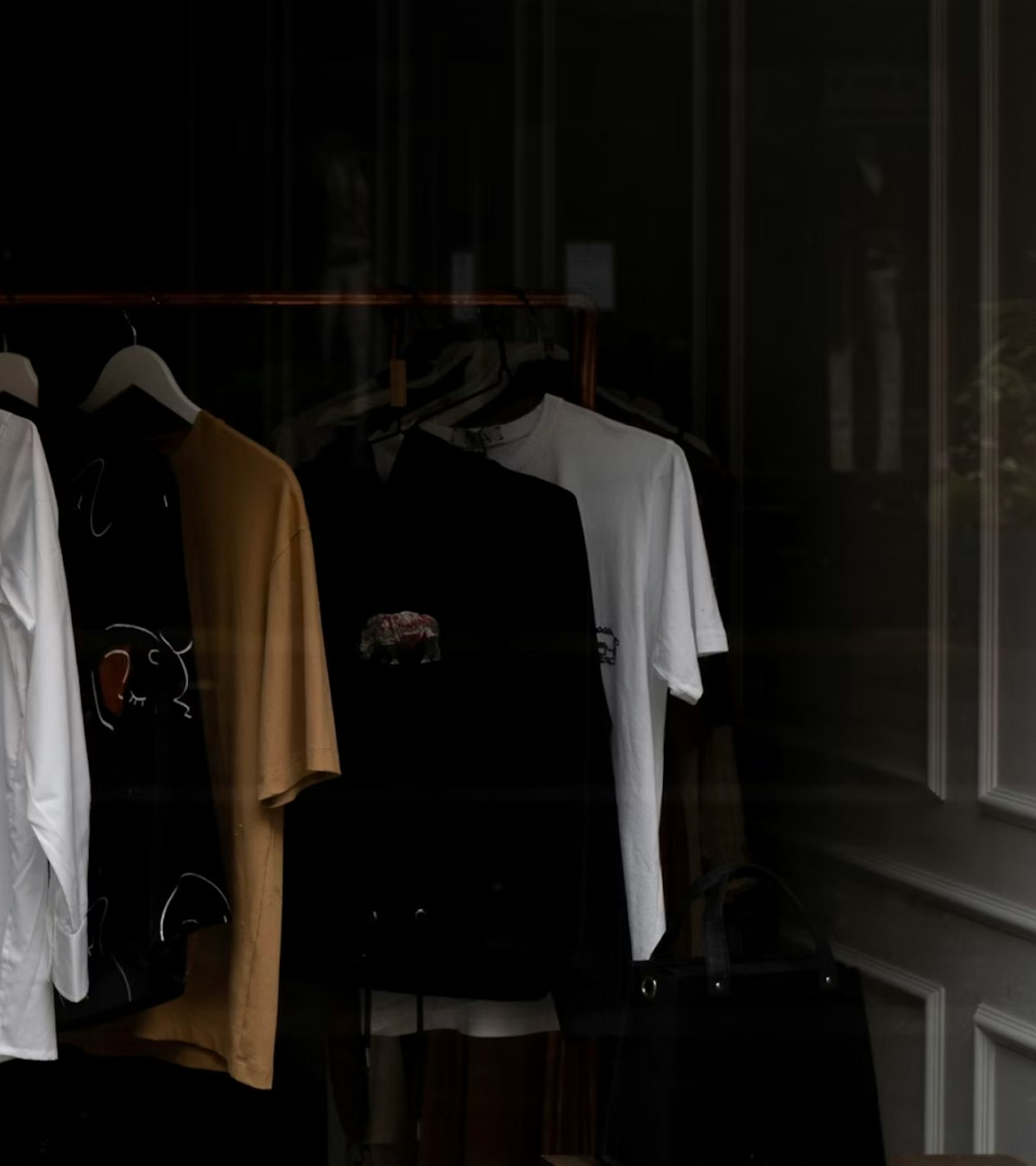As we head into 2023, luxury retail and high-end accessories brands continue to grapple with a changing economy, evolving digital transformations, and the increasing purchasing power of Gen-Z and Millenials. While strategic planning, creating clarity and tuning out all the noise is critical.
Ometria experts Isabella Mckeon, VP Sales and Katie Hickey, Sr. Marketing Manager recently led a conversation at the Accessories Council Business Workshop event in New York City on how to address foundational aspects of digital commerce, personalized marketing and consumer behaviors in 2023.
Below are the highlights of this insightful chat, including the recommended focus areas that will help you maximize success in 2023.


